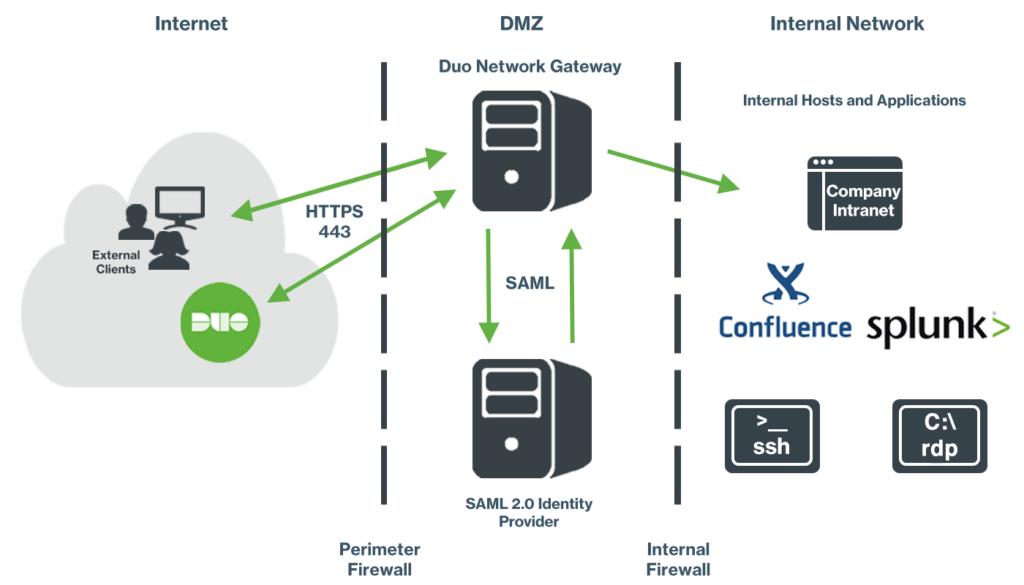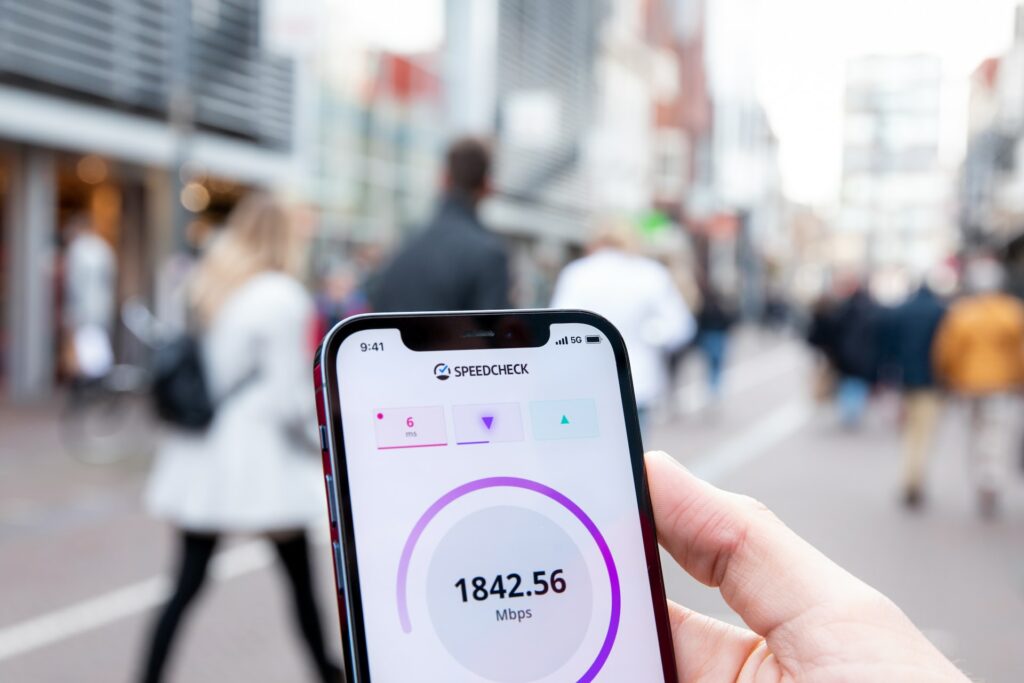To ensure the safety and privacy of your online files, consider using secure cloud storage services, enabling two-factor authentication, using strong and unique passwords. Also, remain cautious of phishing scams, and utilize a virtual private networks (VPN) for added security.
How can I store files online securely?
Storing files online can be convenient but also presents security risks. To ensure the safety and privacy of your data, it’s important to take several measures. Firstly, use a reputable cloud storage software that offers encryption, such as Google Drive or Dropbox. Secondly, enable two-factor authentication to add an extra layer of security to your account. Additionally, use strong, unique passwords and be wary of phishing scams. Consider also using a virtual private network (VPN) when uploading and accessing your files online to mask your internet connection and protect your data from potential hackers. It’s also a good idea to frequently back up your files to another location, in case your primary storage software experiences an outage or data loss. By taking these steps, you can store your files online securely and protect your valuable data.
What is the most secure way to store files?
- Encrypted cloud storage: Use a reputable cloud storage service that offers encryption, such as Google Drive or Dropbox, to securely store your files online.
- Two-factor authentication: Enable two-factor authentication to add an extra layer of security to your account.
- Strong passwords: Use strong and unique passwords for all of your online accounts.
- Virtual private network : Use a philip defranco nordvpn to protect your internet connection and data when uploading or accessing files online.
- Regular backups: Regularly back up your files to another location, such as an external hard drive, to protect against data loss in case of an outage or attack.
How do you store data privately?
Storing data privately requires taking several steps to ensure its safety and confidentiality. Firstly, use encryption to protect your data both in storage and in transit. Secondly, consider using a virtual private network (VPN) when accessing your data online to mask your internet connection and protect against potential hackers. Thirdly, use strong and unique passwords for all of your online accounts, and enable two-factor authentication to add an extra layer of security. Additionally, be cautious of phishing scams and malicious links that could compromise your data. Finally, regularly back up your data to another location, such as an external hard drive, to protect against data loss in case of an outage or attack. By taking these steps, you can store your data privately and protect it from unauthorized access.
How do I secure my personal files?
- Encryption: Use encryption to protect your files both in storage and in transit.
- Virtual private network (VPN): Consider using a VPN to mask your private and business internet connection and protect your files when accessing them online.
- Strong passwords: Use strong and unique passwords for all of your online accounts, including cloud storage services.
- Two-factor authentication: Enable two-factor authentication to add an extra layer of security to your accounts.
- Regular backups: Regularly back up your files to another location, such as an external hard drive, to protect against data loss.
- Awareness of phishing scams: Be cautious of phishing scams and malicious links that could compromise your personal files.
How will you prefer to store a private file securely?
To store a private file securely, I would recommend using encryption technology. One option is to use full disk encryption, such as BitLocker for Windows or FileVault for Mac, which encrypts the entire storage device and requires a password to access the files. Another option is to use individual file encryption, such as VeraCrypt or AxCrypt, which allows you to encrypt specific files and also requires a password to access. Additionally, you can also use cloud storage services that provide encryption, such as Microsoft OneDrive or Google Drive. However, it’s important to choose a strong password and to remember to keep backup copies of your encrypted files in case you forget the password. Additionally, consider using a password manager to securely store the encryption password.
Conclusion
To store files online securely and privately, use encryption technology, strong passwords, and backup copies of encrypted files. Consider using cloud storage services with encryption or individual file encryption software. Use a password manager to securely store passwords. Be vigilant about keeping sensitive information protected and only sharing it with trusted parties.



